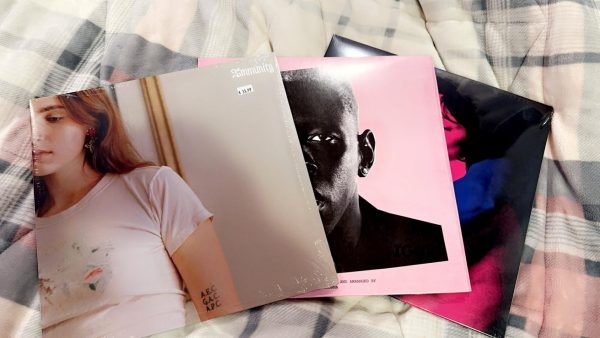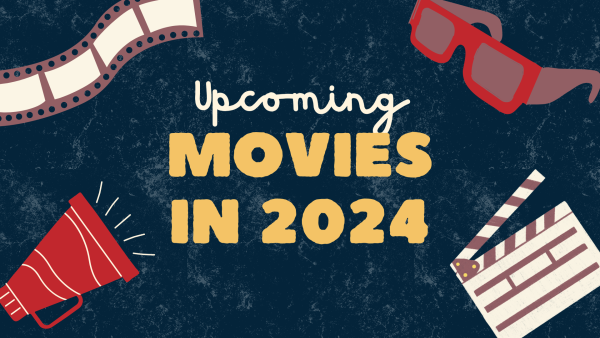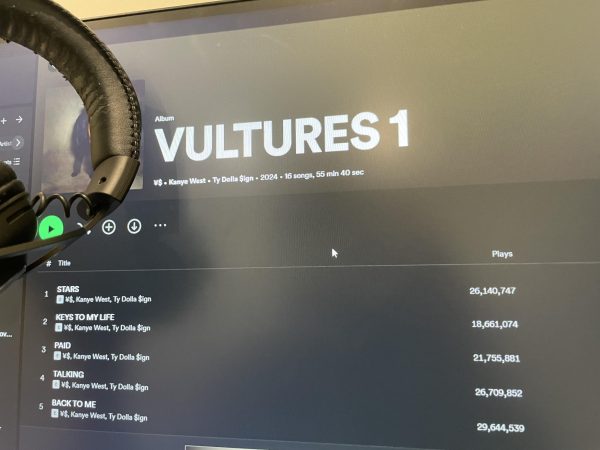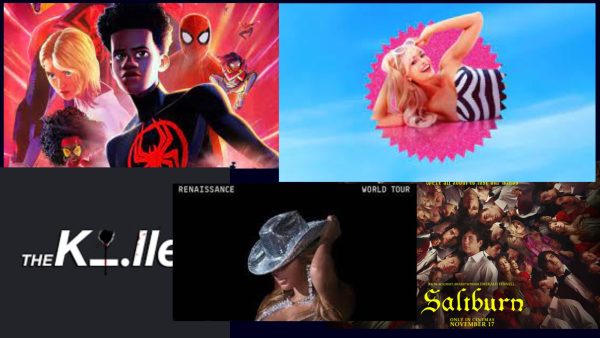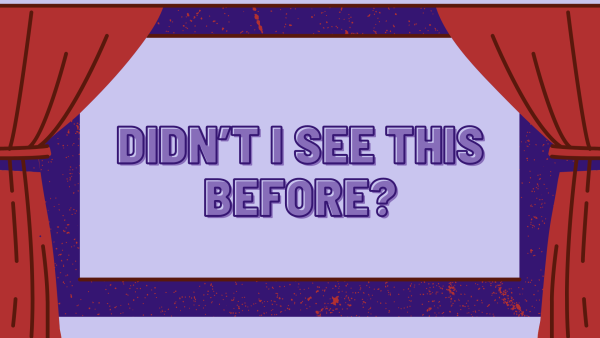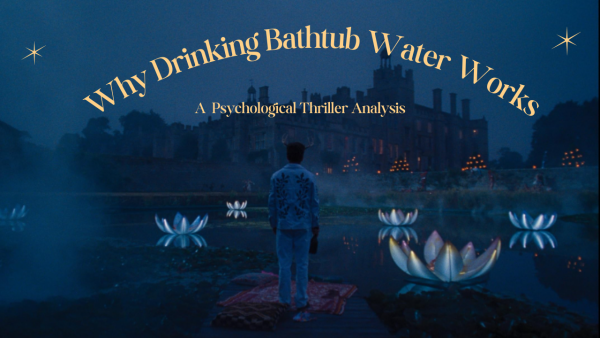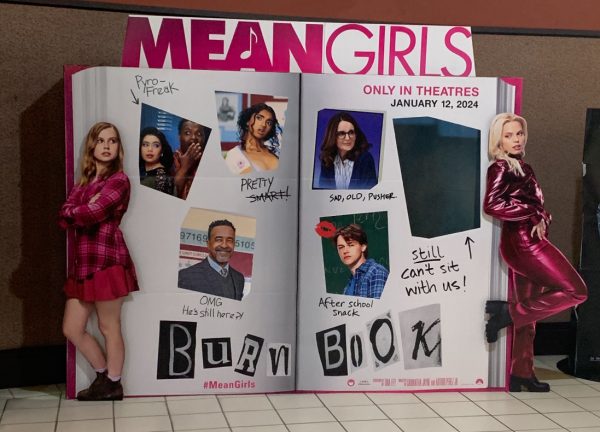The evolution of zombies
Olivia Hannigan takes us through the history of the undead.

People dressed and made up as Zombies react, during the annual Zombie march, in Madrid, Saturday Feb. 27, 2010. The zombie march is a homage to the Zombie film genre and to U.S. director George A. Romero, famous for his Zombie horror movies. (AP Photo/Paul White)
Halloween has made its mark on cultures around the world with its various tales of horror and gore that has struck fear into people from its very start. Many of these tales include beings who aren’t human- or in this case, those who once were.
The concept that has had everyone reeling since the seventies; the undead. And no, I’m not talking about sparkly vampires or funky little ghost friends. Zombies have been prevalent in American culture regarding Halloween since the release of the hit movie Night of the Living Dead in 1968. They took the country and, through the chain reaction that follows every big change in American media, the world by storm. Since their debut, however, the concept had been shifted to the point where they can be classified as completely different monsters. Compare movies like Dawn of the Dead and Day of the Dead to the movies out now, such as World War Z or the popular T.V. show The Walking Dead.
In the very beginning of the concept, the undead were, well, just that. Undead. People who had risen from their graves to meet with the living. They were, even then, shown to be vicious, attacking the living. Usually in media, they’re slow and only look for the living for their brains and, for some reason, that’s the only thing they can say. As we all know, now, that is completely false.
The original idea and concept of zombies comes from Haitan folklore. In these stories, spells are cast by powerful voodoo sorcerers called bokor. Bokor would According to an essay for the New York Times written by University of California professor Amy Wilentz, zombies were a way for the Haitan people to stop others from committing suicide. The Haitains were victims of brutal slavery, and death was seen as the only way for them to return back to Africa. The idea of coming back to life terrified them, because, as Wilentz explains, “To become a zombie was the slave’s worst nightmare: to be dead and still a slave, an eternal field hand.”
The first time the word “zombi” -the ‘e’ was only recently added to the word- appears is in a short story published in 1838 called “The Unknown Painter”. In said story, a young African slave owned by a Spanish painter recalls a zombie coming into the studio late at night to work on the man’s paintings.
The original concept is what we mostly associate with phantoms or spirits nowadays, able to do the same things in death as they were able to living. If one were to make a show about a zombie coming back and finishing people’s paintings now it would be completely out of place.
In the very beginning of the modern concept, the undead were, well, just that. Undead. People who had risen from their graves to meet with the living. They were, even then, shown to be vicious, attacking the living. Usually in older shows or movies, they’re slow and only look for the living for their brains and, for some reason, that’s the only thing they can say. They would stumble around, slowly looking around for the living. As we all know, now, that is completely false.
In the newer games and shows, their idea has changed so drastically that it’s hard to go back to what they were before. Now the dead stay in their graves while it’s a virus that turns the living into the undead.
Take the hit AMC show The Walking Dead for example. They similarly stroll around, searching for food, except they look more realistic to an extent. Now, that can be thought of as advancements in editing and makeup, but the colors themselves are more realistic. Rather than the dull greens or monotonous grays, they’ve added a wide range of colors that better reflect what an actual zombie would look like. They also can do a lot more, such as run at high speeds and track things by listening since, in most shows and some games, they’re almost completely blind.
They took the abilities further in the Left 4 Dead games, where they introduced mutated versions of these zombies. According to theories floating around the subreddit, this was caused by a negative reaction between the virus and the infected person’s body before they’d passed. For example, the hunter, witch, boomer, and the ever-dreaded tank, along with the other ‘special infected’ of the games represent certain aspects of who the person was. The smoker being, well, a smoker, which would explain why it releases a green smoke when defeated; The witch would have been a woman who’s grief turned her into the second most powerful enemy in the game; The Tank was possibly a person associated with excessive exercise or strength-enhancing drugs, making them the strongest enemy in the games. They can also sprint and climb, abilities that original zombies didn’t have.
The idea of this happening makes them more concerning than most other classic movie monsters. So the question is- can this really happen?
Hate to burst your apocalypse-enthusiast bubble, but no.
Besides the obvious being dead thing, no virus can possibly make a person who is dead move like they do in the movies. There is simply too much to get the body back to where it was when living while in that kind of state. After death, the body goes through a series of functions that makes it unable to move like it had. While movie zombies do move around with quick and jerking motions, a real person wouldn’t be able to move at all because of the body literally rotting- leaving the muscles completely useless. And, to state the obvious, people can’t move without functioning muscles.
But if you want to see the closest thing to a real zombie, you’re in the right place. I mean, come on- have you ever tried to talk to a highschooler?
Links:
https://www.reddit.com/r/l4d2/




